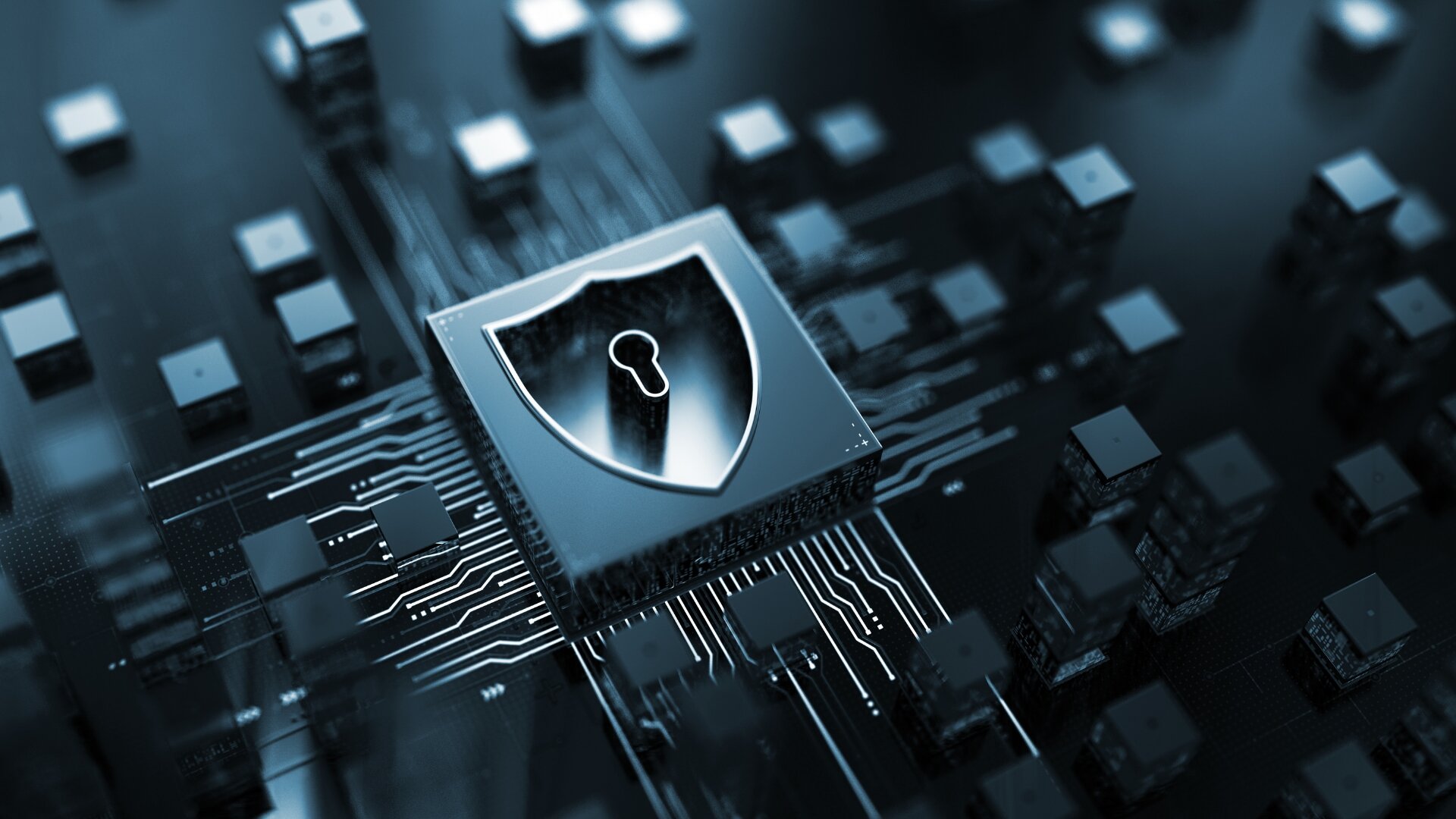Introduction: What is the Definition of Internet Privacy?
Internet privacy is a fundamental concept that affects how our personal information is handled when we use the internet. It refers to the control individuals have over the information they share online and how it's used by others. Essentially, it's about keeping your digital life private and secure. When you browse the web, you leave behind digital footprints, such as the websites you visit, the searches you make, and the content you interact with. Internet privacy involves safeguarding these details from unauthorized access or misuse. This includes protecting sensitive data like passwords, financial information, and personal messages. Without proper safeguards in place, individuals risk falling victim to various online threats, including identity theft, data breaches, and invasive surveillance. At K3 Technology, we understand the importance of understanding the definition of internet privacy. We offer solutions to help individuals and businesses maintain control over their online activities while keeping their sensitive information secure. In this blog, we will explore how information is gathered, why privacy is important, and how to protect your digital presence.Understanding Internet Privacy: How Information is Gathered & Protected
Internet privacy is about controlling the personal information we share online and how it's handled by others. The scope of internet privacy extends across all online activities. Whether you're chatting with friends, shopping, or using social media, every interaction contributes to your digital footprint. How is this accomplished? Through data collection and tracking.Data Collection & Tracking
Data collection is prevalent across the web. Websites and online services routinely gather information about users, including browsing habits, preferences, and demographic data. This collected data can be used for various purposes, such as targeted advertising or improving user experiences. Moreover, tracking is also pervasive in the digital realm. Companies utilize tracking technologies like cookies and tracking pixels to monitor users' online activities. This enables them to analyze behavior, deliver personalized content, and measure advertising effectiveness. However, excessive tracking raises concerns about privacy infringement and data misuse.Encryption
Despite the methods used by websites and companies to gather user data, you can safeguard your sensitive information with encryption. Encryption technology scrambles data into an unreadable format, making it unintelligible to unauthorized parties. This ensures that even if data is intercepted, it remains secure and protected from prying eyes By understanding and addressing the definition of internet privacy and these key concepts, individuals and organizations can take proactive steps to protect their digital assets.Types of Information
When we talk about the definition of internet privacy, it's crucial to distinguish between two types of data collected online: personally identifiable information (PII) and non-PII data. Personally identifiable information includes details like names, addresses, and social security numbers, which can directly identify individuals. In contrast, non-PII data is information that doesn't directly identify individuals, such as browsing history or device identifiers. This distinction underscores the critical need for methods that protect both types of information to ensure comprehensive internet privacy and security for users.The Importance of Internet Privacy
Poor internet privacy can have significant consequences, impacting individuals, businesses, and society as a whole. When an individual’s privacy is compromised, it can lead to identity theft, financial fraud, and other forms of cybercrime. Without adequate safeguards, sensitive data such as passwords, financial details, and personal communications are vulnerable to exploitation by malicious actors. Furthermore, poor internet privacy undermines security and erodes trust in online platforms and services. When users feel their privacy is not respected, they may hesitate to share information or engage with digital services, hindering innovation and economic growth. Moreover, breaches of privacy can result in reputational damage for companies, leading to loss of customer trust and loyalty. Protecting personal information online is essential for maintaining security, fostering trust, and preserving individual freedoms in the digital age. K3 Technology is committed to promoting internet privacy through robust security measures and transparent data practices.Protecting Internet Privacy with Best Practices
It is important to adopt best practices to protect your online privacy. Consider the following:Implement Strong Passwords: Creating strong, unique passwords for each online account is the first line of defense against unauthorized access. Passwords should be complex, incorporating a mix of letters, numbers, and symbols, and regularly updated to mitigate the risk of password breaches.
Enable Two-Factor Authentication (2FA): Two-factor authentication adds an extra layer of security by requiring users to provide a second form of verification, such as a code sent to their mobile device, in addition to their password. Enabling 2FA enhances account security and reduces the likelihood of unauthorized access.
Use Secure Connections (HTTPS): When browsing the web or accessing online services, ensure the connection is secure by looking for the "HTTPS" prefix in the website's URL. HTTPS encrypts data transmitted between the user's device and the website, protecting it from interception by malicious actors.
Regularly Update Software and Devices: Keeping software, operating systems, and devices up-to-date with the latest security patches and updates is crucial for addressing vulnerabilities and protecting against cyber threats. Set devices to automatically install updates whenever possible to ensure continuous protection.
Be Mindful of Privacy Settings: Review and adjust privacy settings on social media platforms, web browsers, and online services to control the information shared and who can access it.
Educate Yourself About Phishing and Scams: Stay vigilant against phishing attempts and online scams by learning how to recognize suspicious emails, links, and messages. Avoid clicking on unfamiliar links or providing personal information to unknown sources, and report any suspicious activity to relevant authorities.
By following these best practices, individuals can proactively protect their internet privacy and reduce the risk of falling victim to cyber threats and privacy breaches.

